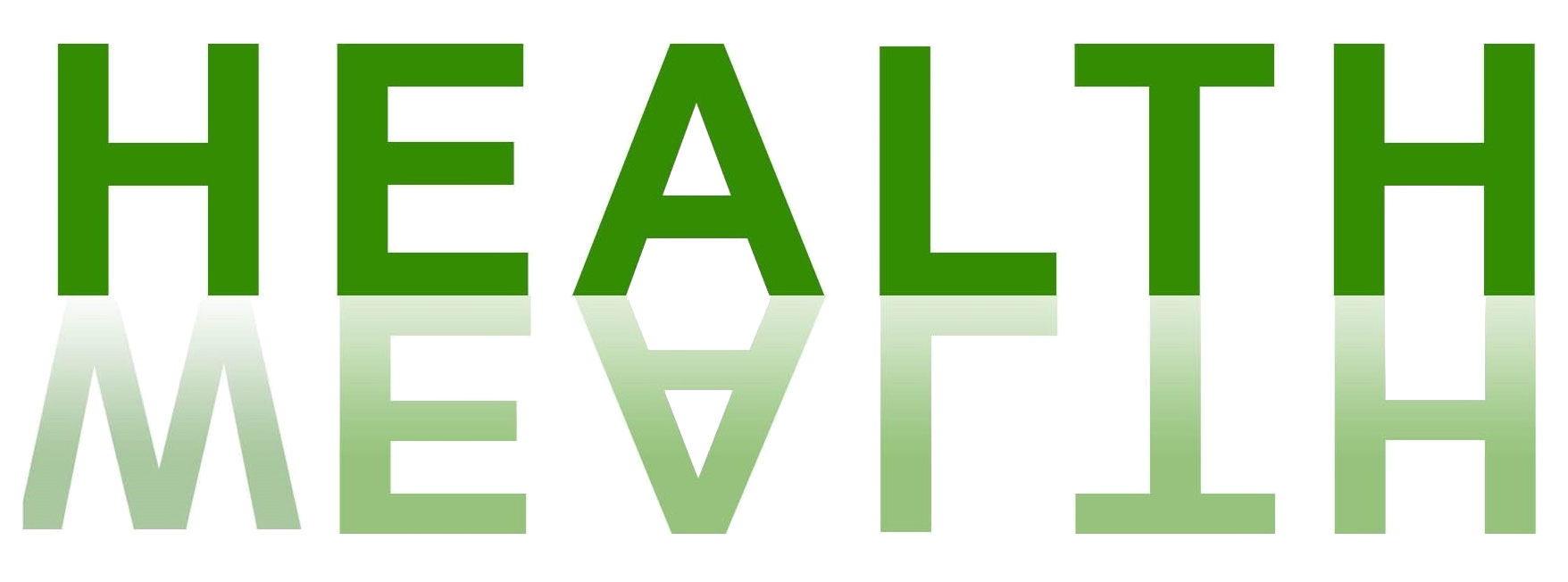14 Popular Brands That Aren’t As Eco-Friendly as We Think
In a time of heightened consumer awareness, brands are eager to present an eco-friendly image, sometimes resorting to deceptive greenwashing tactics to outshine competitors. Unfortunately, greenwashing is more rampant than consumers realize, requiring them to do their own research to understand truly.
Greenwashing is a marketing practice where a company promotes environmentally friendly or sustainable initiatives to portray a positive image, often exaggerating or misrepresenting the extent of its commitment to environmental responsibility. It can involve misleading claims about products, services, or corporate practices to appeal to consumers concerned about environmental issues.
While certain companies genuinely prioritize sustainability, others employ superficial marketing strategies to camouflage their true environmental impact, leading consumers to believe they make a conscious choice for the planet. This undermines authentic sustainability efforts and diminishes consumer trust in the brand’s integrity.
1. Innocent

Innocent Drinks, owned by Coca-Cola, is an example of greenwashing at its best. Despite contributing to the global plastic pollution crisis through their single-use plastic usage, the brand shamelessly launches TV cartoon ads with adorable animals singing about recycling and saving the planet. Some of their shameless ads were even banned in the UK for false information.
Did they really think the consumers would fall for this foolish trap? Unfortunately, it’s easy to believe.
2. Ikea

Due to its widespread popularity, Ikea is a well-known household brand and has seen its timber usage double in the last decade.
What may surprise you is that the brand sourced illegal wood from Ukraine’s Carpathian forests for its beechwood chairs, endangering species like bears, lynxes, and bison (an investigation by Earthsight). They have also been accused of decimating Romania’s forests in the name of timer. The unsettling part? This illicit timber was certified by the Forest Stewardship Council (FSC), casting doubt on FSC’s ethics and transparency.
Unfortunately, timber use is just one of the ethical issues hidden within this company.
3. Windex

While you might be impressed by SC Johnson’s glass cleaner bottles being 100% “ocean plastic” and the heroic sea missions by Windex employees. The truth is that this plastic came from Indonesia, the Philippines, and Haiti— and is termed “ocean-bound” because it would have otherwise ended up in the ocean.
Moreover, Windex claims to be non-toxic, while a 2020 lawsuit argues that its ingredients harm people, animals, and the environment. It looks like cleaning up misconceptions might be in order here.
4. Fast Fashion Brands

If you are a fast fashion lover, these stats might astonish you. The fast fashion world often carries an eco-washing reputation. Still, according to a 2021 Changing Markets Foundation report, almost all major high-street brands revealed that 60% of their claims were misleading.
H&M led the way in deception, with 96% of their eco-friendly claims falling flat. This is truly shocking and disappointing. There’s no doubt about it: fast fashion is wasteful and fills our landfills.
5. Hefty Recycling Bags

In May 2021, Hefty Recycling Bags faced a class-action lawsuit challenging its claim that its bags fit “all types of recyclables.” The lawsuit revealed a different story: these bags aren’t recyclable and are no better than regular trash bags. Shockingly, they contaminate recyclables, diverting potential recyclable items to landfills.
6. Shell

Shell, a prominent energy company, is also accused of shameless greenwashing. Critics argue that Shell’s core operations rely heavily on fossil fuels, contributing to environmental degradation and climate change. Moreover, the company’s advertising campaigns promoting a cleaner future have been criticized, as they often fall short of addressing their broader impact on the planet.
7. Nestle

Did you know Nestlé, Coca-Cola, and PepsiCo consistently appeared as top plastic polluters in Break Free from Plastic’s annual reports? Despite their eco-friendly claims, it says much about their contribution to plastic pollution.
In 2018, Nestle declared its goal to achieve 100% recyclable or reusable packaging by 2025. However, the company lacks clear targets and concrete plans to support recycling. Greenpeace criticized Nestlé’s approach as insufficient to tackle the plastic crisis it played a role in creating—which is just one major issue that this corrupt company harbors.
8. Starbucks

A few years back, Starbucks introduced a “straw-less lid” to highlight its sustainability efforts. However, this seemingly eco-friendly move backfired, as the new lid contained more plastic than the previous straw and lid combo. While Starbucks knew this, they defended the lid by stating it’s made from polypropylene, a supposedly recyclable plastic. Authorities promptly highlighted that just 9% of global plastic gets recycled, making the lid’s recyclability uncertain.
9. McDonald’s

McDonald’s has faced criticism for its environmental practices and greenwashing. In 2019, McDonald’s replaced plastic straws with supposedly recyclable paper alternatives, showcasing itself as a supporter of reducing plastic waste and embracing sustainability. However, these new paper straws were still non-recyclable, sparking doubts about McDonald’s sustainability claims. Despite this backlash, the company persisted with the campaign.
10. Keurig

Keurig is a major player in the coffee pod industry. It claims that its single-use coffee pods are recyclable, aligning them with an eco-friendly image. However, the truth was not as straightforward. Although the pods were technically recyclable, the process required specialized facilities and equipment. Keurig faced a legal challenge due to misleading advertisements, prompting revisions to its claims.
Eco-conscious folks will need to look into reusable Keurig pods rather than the pre-packed store-bought versions.
11. Red Lobster

Red Lobster, a seafood restaurant chain, boasts ethical and eco-friendly sourcing. However, this has led to a class-action lawsuit due to evidence of unsustainable fishing practices. Suppliers linked to Red Lobster were found guilty of harming endangered species like the North Atlantic right whale, leading to their sustainable fishery certificate being revoked.
12. Henkel

Henkel’s cleaning brand, Persil, has been using eco-friendly marketing to appeal to environmentally-conscious consumers. However, the Advertising Standards Authority banned the brand’s ‘Dirt is Good’ ads for falsely claiming to be ‘kinder on the planet.’ The ads featured scenes like social media hashtags and children cleaning plastic garbage from rivers. Despite this, the ads failed to prove Persil’s eco-friendliness.
13. Volkswagen

In 2015, Volkswagen faced a major scandal when it was revealed that the company had installed software in its diesel cars to cheat emissions tests, making them appear more eco-friendly than they actually were.
In a world where we are trying to reduce our carbon footprint, it’s safe to say that consumers and policymakers alike were disappointed.
14. Chevron

Chevron has faced allegations of greenwashing due to discrepancies between its environmental claims and actions, particularly concerning oil drilling and its environmental impact. In reality, it seems most oil companies have been called out for lies and their impact on the world’s water supply.
Modern Day Brainwashing- 14 Ways We Aren’t As Free as We Think These Days

In an age characterized by the omnipresence of digital media and the constant deluge of information from our smartphones, televisions, and computers, our deeply held beliefs can undergo imperceptible transformations that frequently elude our conscious recognition.
Modern Day Brainwashing- 14 Ways We Aren’t As Free as We Think These Days
14 of Life’s Greatest Gifts That Money Can’t Buy

Within an online community, a user posed an intriguing question: “While those with fewer means may daydream about winning the lottery, what fuels the dreams of the wealthy?” The ensuing conversation unveiled that even among the well-off, there exist aspirations that elude the reach of affluence.







